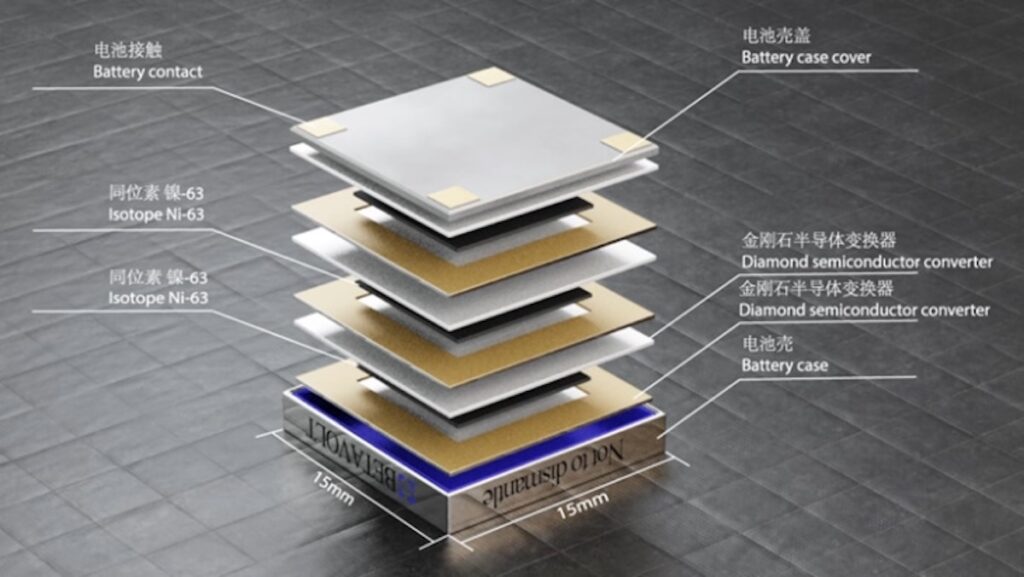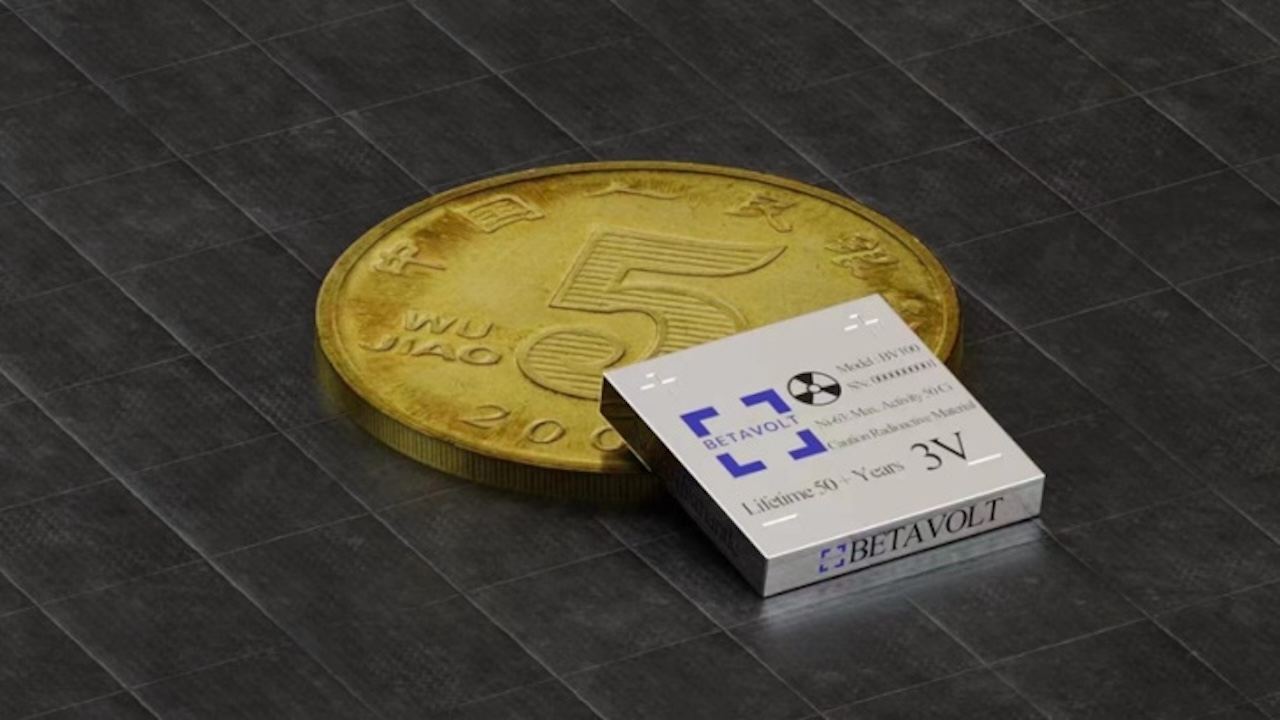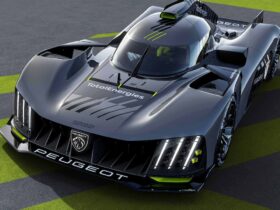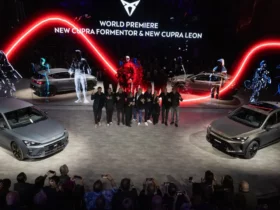The Chinese company Betavolt New Energy Technology looks to the future with the project of a nuclear battery which would exponentially increase the autonomy of electric cars. The applications also extend to other technological devices such as smartphones and computers. But what is nuclear battery e how does it work?
 Fonte: Betavolt
Fonte: Betavolt
In the ever-evolving landscape of sustainable mobility, the nuclear battery emerges as a promising option for powering not only the electric cars but also a wide range of electronic devices. The Chinese company Betavolt New Energy Technology is bringing forward a revolutionary nuclear battery based on the decay of the nuclear isotope nickel-63, opening up new prospects for a future without the fear of continuous recharging.
What is a nuclear battery and its applications
The nuclear battery developed by He was in represents a significant breakthrough in battery technology. Unlike current batteries, this technology is stable and able to regenerate autonomously for 50 years without requiring external energy. A distinctive feature that makes it ideal not only for women electric cars but also for mobile phones, laptops, cameras and other devices that will benefit from extended life without the need for frequent charging.
The Betavolt nuclear battery it is already in the pilot phase and could soon revolutionize the aerospace, artificial intelligence and medical device industries, where changing batteries or charging can be complicated. However, the company claims that the technology will be usable in a variety of fields, includingelectric car and green mobility.
How a nuclear battery works
The nuclear batteries they exploit the energy released by the decay of nuclear isotopes through a semiconductor converter. This is not entirely new, as the USA and USSR began working on this technology in the 1960s. What makes the Betavolt battery unique is its miniaturization and modularity. Made up of stackable modules, this battery can be adapted to specific needs, providing variable performance and capacity.
Betavolt declares that its nuclear battery It has an energy density 10 times higher than traditional lithium-ion batteries. This represents a significant step forward in terms of performance, allowing for greater autonomy and greater energy efficiency. Furthermore, the company ensures that the drums it does not emit radiation to the outside and does not constitute an environmental problem, even once its useful life cycle has ended, since the nickel-63 isotope decays into copper with a half-life of approximately 100 years.
The critical issues of the battery
Despite the promising characteristics of the Betavolt nuclear battery, there are challenges and ethical issues to address. Above all, nuclear waste management and reactor safety are crucial aspects that must be carefully considered to ensure the safe and effective deployment of this technology.
 Fonte: Betavolt
Fonte: Betavolt
Certainly, the Betavolt nuclear battery represents an extraordinary innovation that could redefine the future of mobility and energy storage. Its unprecedented autonomy, stability and versatility could revolutionize not only the automotive sector but also other key sectors of the industry. However, it is essential to carefully address the challenges and concerns related to nuclear energy to ensure that this technology contributes positively to the creation of a more sustainable and advanced world, including through electric cars.
















Leave a Reply
View Comments